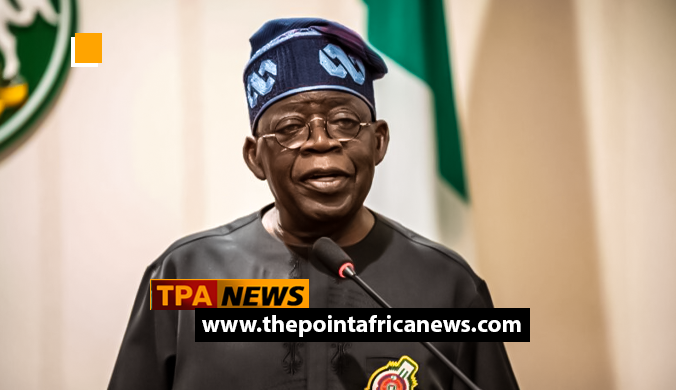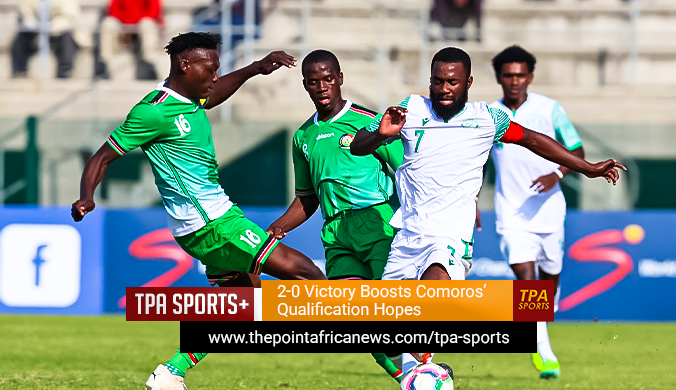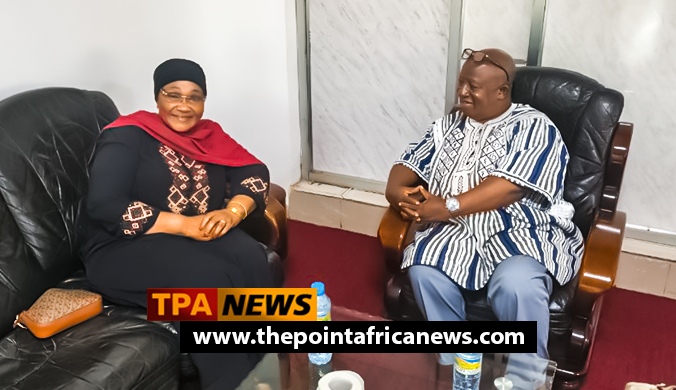
President Bola Tinubu has triggered a strategic reshuffling within the All Progressives Congress (APC), dismantling internal roadblocks that once stood in the way of a potential alliance with political heavyweight Rabiu Kwankwaso.
The most visible casualty of this recalibration is former APC national chairman and ex-Kano governor Abdullahi Umar Ganduje, who stepped down from the party’s leadership on June 27. Ganduje’s exit follows a prolonged internal dispute over reconciliation efforts with Kwankwaso, the influential leader of the Kwankwasiyya movement and a key figure in the New Nigeria Peoples Party (NNPP) until recently. While Ganduje publicly dismissed Kwankwaso’s influence, labeling his political relevance as “dead,” Tinubu saw an opportunity—and moved swiftly to capitalize on it.
With Ganduje out of the way, Tinubu has cleared a path to welcome Kwankwaso back into the APC fold, a tactical move that political insiders view as a game-changer. Kwankwaso holds sway over millions of voters in Kano and the broader Northwest—regions critical to securing a national mandate. His potential alignment with the ruling party could shift Nigeria’s political map dramatically, particularly as defections from rival blocs continue to swell APC ranks.
The realignment highlights Tinubu’s broader goal: to rebuild the APC into a more inclusive political machine capable of absorbing opposition influence and consolidating power well ahead of the 2027 elections. It also signals a departure from party orthodoxy, with Tinubu sidelining entrenched figures who resist his coalition-building strategy in favor of a more pragmatic approach.
Sources close to the party suggest negotiations with Kwankwaso’s camp are already underway, with possible offers on the table ranging from senior cabinet appointments to integrating NNPP structures into APC’s political machinery. Kwankwaso, who has not ruled out returning to APC, is reportedly seeking assurances that his movement and influence will not be diluted in the process.
Still, Tinubu’s maneuver is not without risk. Ganduje’s allies within the party may resist the shift, arguing that it undermines loyalty and sets a precedent of rewarding political adversaries. But supporters of the president argue that the benefits—greater electoral dominance, broader national appeal, and a reduced threat from a fractured opposition—far outweigh the costs.
Northern student and youth groups have already endorsed the move, framing it as a strategic response to Nigeria’s growing political fragmentation. For Tinubu, who has positioned himself as a master strategist, this alliance could be the cornerstone of a landslide bid—one built not just on incumbency, but on reshaping Nigeria’s power alliances ahead of one of its most anticipated elections.
With campaign infrastructure expanding rapidly across the North and realignments gaining momentum, the APC appears to be pivoting toward a more inclusive, coalition-driven path under Tinubu’s leadership—a signal that the 2027 race is already well underway.
By: TPA News Desk | editor@thepointafricanews.com







Leave a Reply